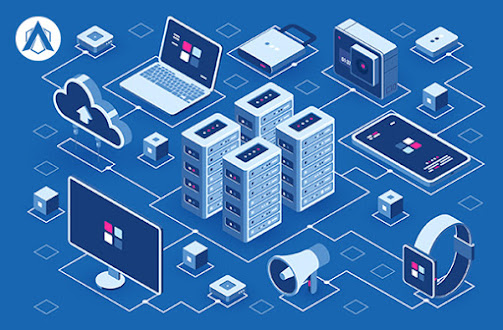The mobile world is dependent on two operating systems right now, Android and iOS. Undeniably both these OS are downright awesome at their own pace and are loved for that globally.
However, the world has seen various technological advancements in the Android and iPhone app development company, from integrating technologies like augmented reality to artificial intelligence has come a long way. Still, there are many things that only an iOS is capable of, not android phones.
In this blog, I have jotted down a few points for you to generalize more with iPhone functionality and what else it is capable of:
· Native screen recording: iPhone application development company enables its iOS users to natively record the contents of their devices displayed on the screen with external voice input. It also lets you create GIFs. Although Android phones like Samsung also support screen recording, still there's a long run before it becomes a native feature in Android.
· Spam Message feature: It is one of the most important and newest features added to the iOS family. The feature first became available in iOS 11, which made a lot of auditing easy for users. Earlier while detailing the operating system, Apple mentioned spam message filters in the Message's app. And to filter your spam messages, OS uses machine learning.
· Send and receive payments using Messages app: iPhone app development company incorporated one of the fantastic features in their phones that enables its users to send and receive payments using the Message app itself. You don't have to download any other application for the transaction; you can use cards added to Apple Pay. The cash can also be transferred to your bank accounts. However, Android hasn't come up with any such feature.
· Drag-and-drop support: There's no doubt that iOS 11 have some unique features; it has introduced drag-and-drop content like texts, images, and URLs in applications. Although this feature best works on an iPad, you can easily drag and drop content between various apps using the redesigned app switcher panel.
· No bloatware: There is a fair share of iPhone bloatware software, but there is a truckload of unnecessary bloatware in Android. However, the number of unnecessary apps may differ from one OEM to another, but the utter volume remains more extensive than the iPhones.
Many Google applications come pre-loaded, if you've noticed, and we barely use them and uninstall them, which ends up eating the considerable space on phones.
· Better safety: An Android smartphone can easily be bugged with malicious malware, contrary to iPhone. Just with a bit of technical know-how to gain remote access to a smartphone, all the vile things can happen. However, the iPhone application development company has designed iPhones without any glitches in the security; in iOS, you can't simply download any third-party app, making them more secure.
· The New video format saves space: This time iPhone app development company introduced a new format to record videos. However, unlike Android, it doesn't allow its users to keep the quality of their captured video intact and keep space simultaneously. The new iOS 11 came inbuilt with this feature, and it uses OS versions-HEVC/ HEIF that helps maintain quality using less space.
Android is playing its fair share in the tech market; the OS has launched some unique features like split-screen, guest account, picture-in-picture mode, etc. But still, there's a lot to be fixed, as the safety of the phone. However, iPhone has its fan base delivering thousands of handy features. Both OSs have their fair share.






